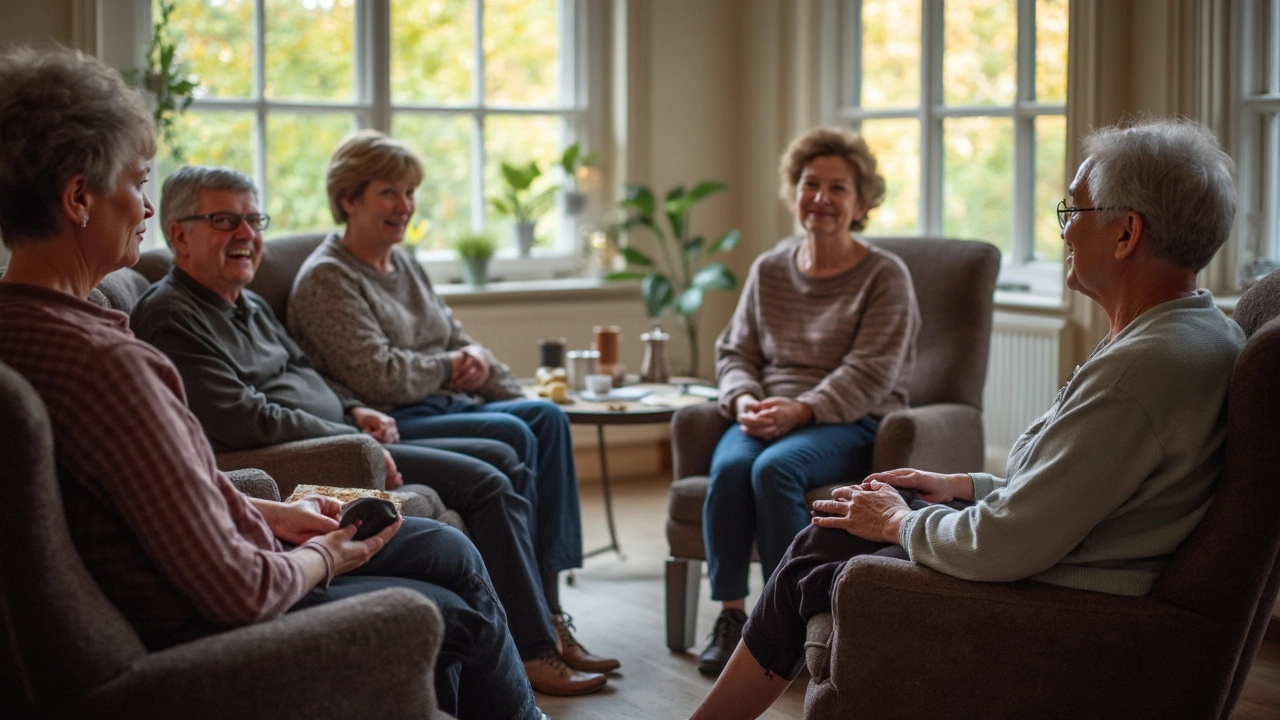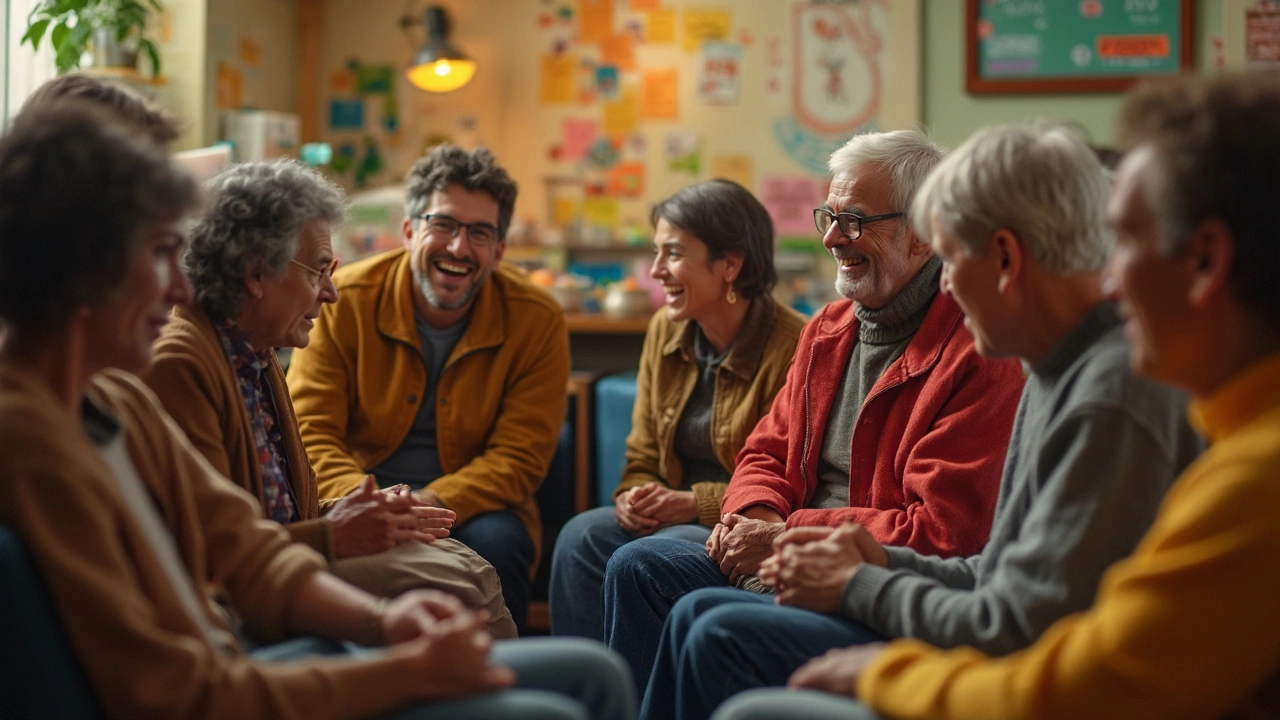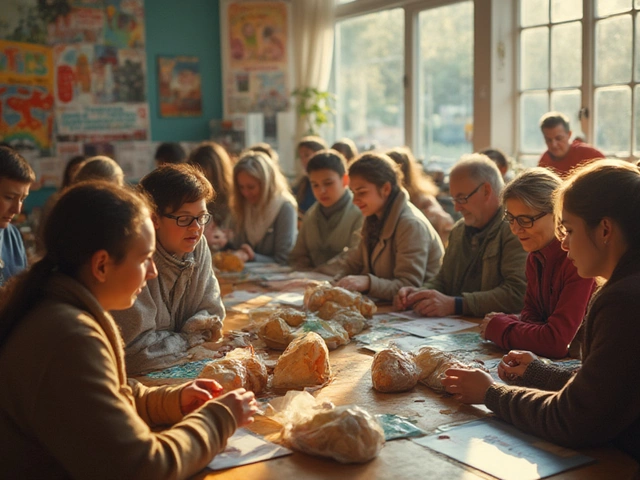Local Support Groups at Holy Family Catholic Church Patchway
Looking for a place where you can share, learn, and grow with people who get what you’re going through? Our local support groups are exactly that – a friendly, faith‑based circle where anyone can feel welcome. Whether you’re coping with grief, looking for a safe space for youth, or just need a hand with daily life, we’ve got a group that fits.
What We Offer
We run several groups, each designed for a specific need:
- Grief & Bereavement – Meet weekly for a cup of tea, share stories, and find comfort.
- Youth Mentoring – A safe hang‑out for teens, with games, talks on life choices, and a mentor from the parish.
- Seniors’ Circle – Light exercise, memory games, and a chance to discuss retirement worries.
- Family Support – Parenting tips, budgeting help, and a space to vent without judgment.
- Homeless Outreach – Volunteers join to hand out meals, clothing, and a listening ear.
All groups meet on our church premises, making it easy to pop in after Mass or during the day. We keep the atmosphere relaxed – no sermons, just real talk and practical help. If you need childcare while you attend, let us know; we can arrange a few volunteers to watch the kids.
How to Join
Getting involved is simple. First, decide which group sounds right for you. Then:
- Call the parish office at 01234 567890 or drop an email to [email protected].
- Tell us your name, the group you’re interested in, and any special needs (like wheelchair access).
- We’ll confirm the meeting day, time, and any materials you might need.
Everyone is welcome, no matter your faith background. We believe community care works best when doors are open to all. If you’re unsure which group fits, just give us a call – we’ll help you find the right match.
Volunteers are the backbone of our support groups. If you have a few spare hours each week, consider helping out. You could lead a discussion, bring snacks, or simply be a listening ear. Volunteering not only strengthens the community but also gives you a sense of purpose.
Our church also runs occasional workshops on topics like budgeting, mental health first aid, and coping with loss. These are advertised on the notice board and our weekly newsletter, so keep an eye out.
Remember, joining a support group isn’t a sign of weakness – it’s a sign of strength. You’re taking a step toward a healthier, happier life, and you’re doing it alongside people who care. Come on over, say hello, and see how a little community can make a big difference.

Support Group Example: How Local Groups Really Work
Wondering what a support group looks like in practice? This article breaks down a real-life example of a local support group, showing how meetings run and how people support each other. You’ll get tips on what to expect, how to find the right fit, and why joining can make a real difference. We cover who leads these groups, what happens at meetings, and debunk a few myths along the way. It’s a practical guide for anyone thinking about joining or starting a support group.
Read More
Local Support Groups: What Do They Really Do?
Local support groups act as a lifeline for people facing all kinds of challenges, from illness and addiction to grief and loneliness. They create safe spaces to share stories, vent, and give practical advice that actually works in real life—not just in theory. People connect with others who get it, reducing that sense of isolation. These groups aren’t only about talking; they often provide real solutions and connections to helpful resources. Whether you need emotional backup or a practical hand, these groups tend to cover it all, right where you live.
Read More




